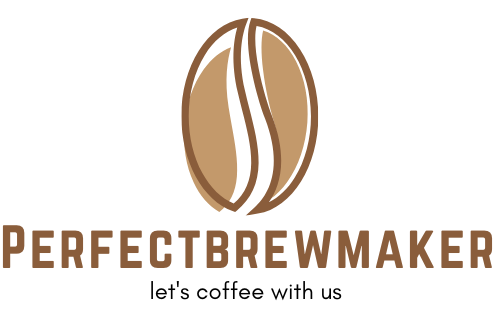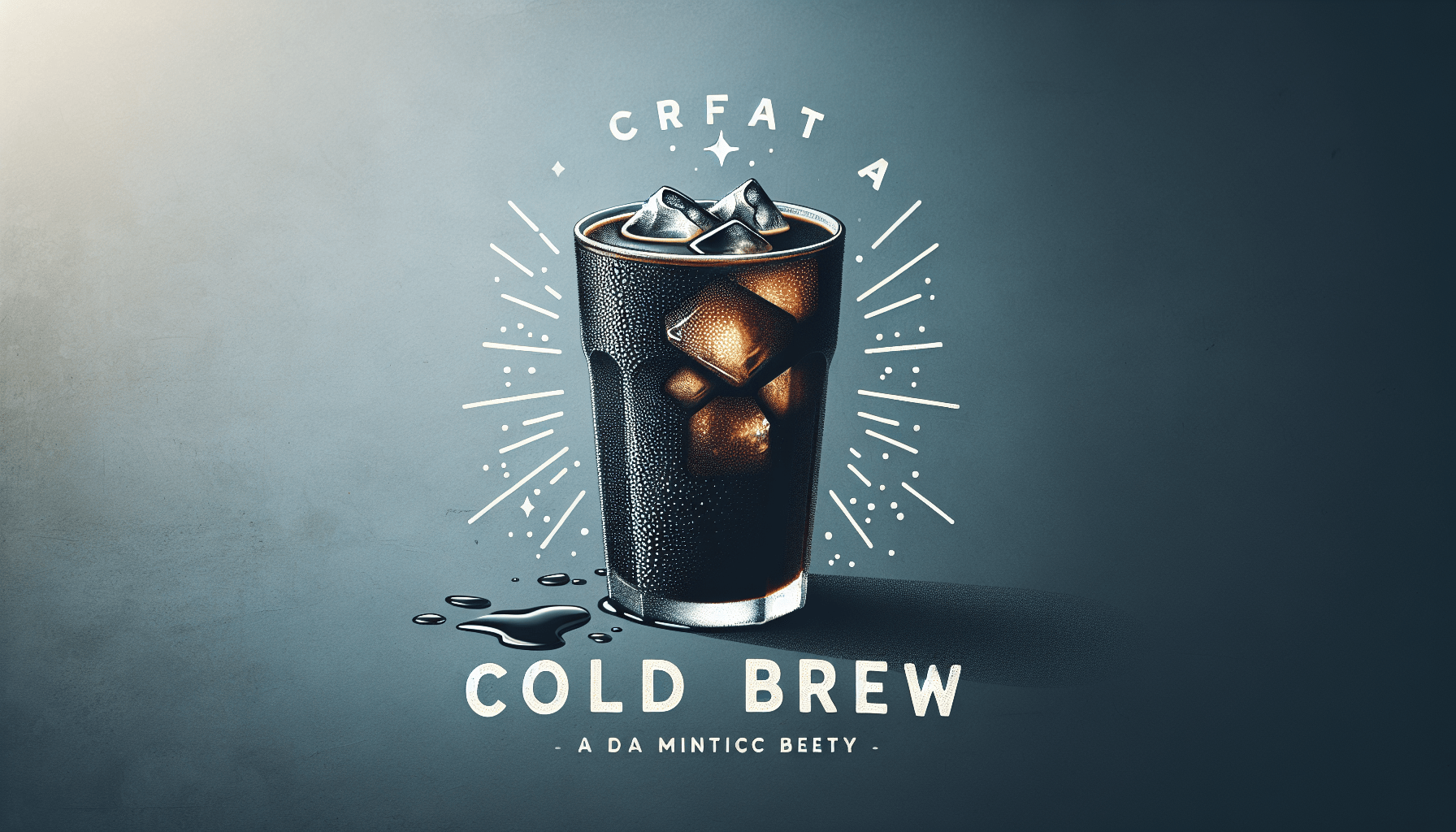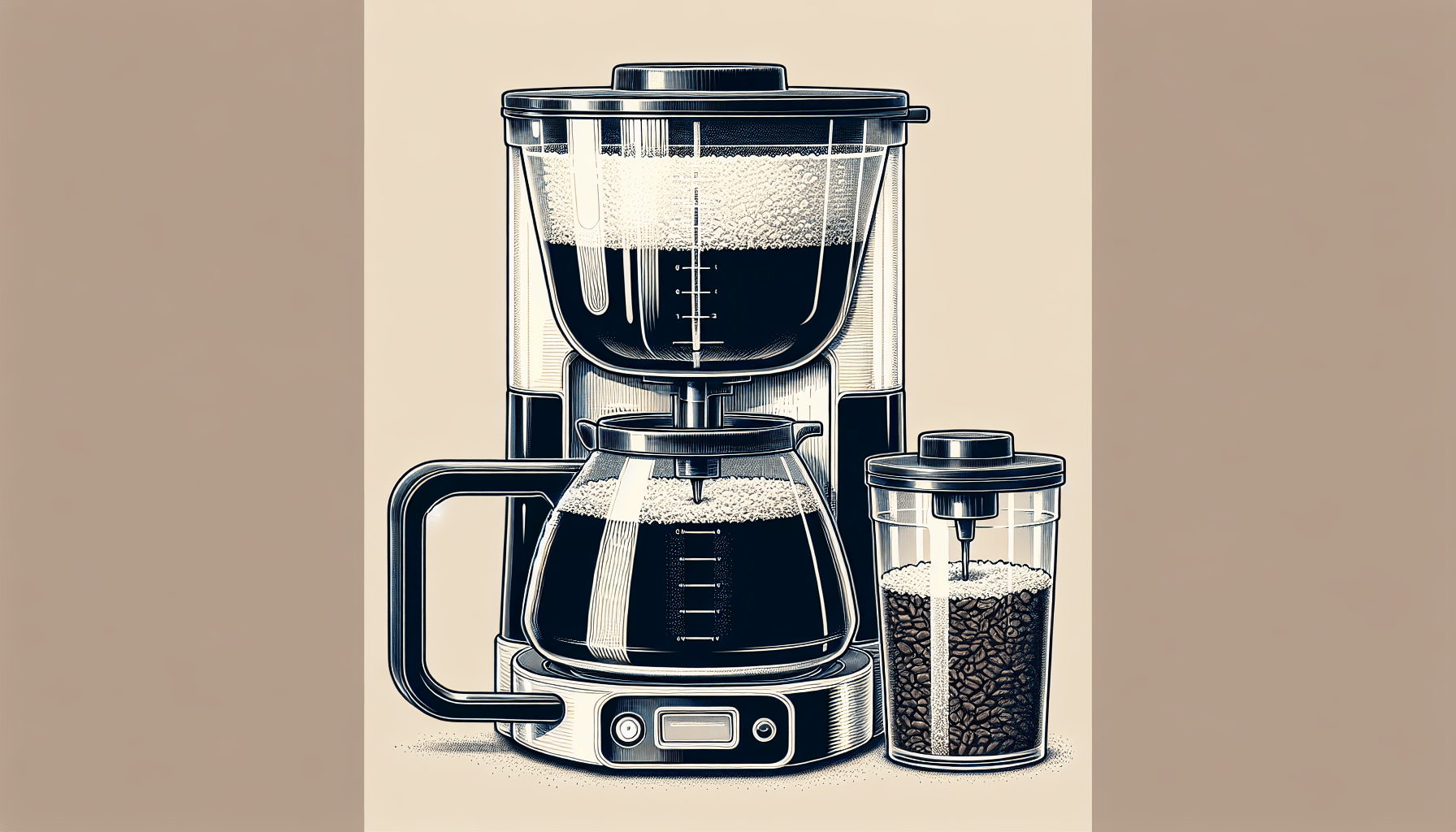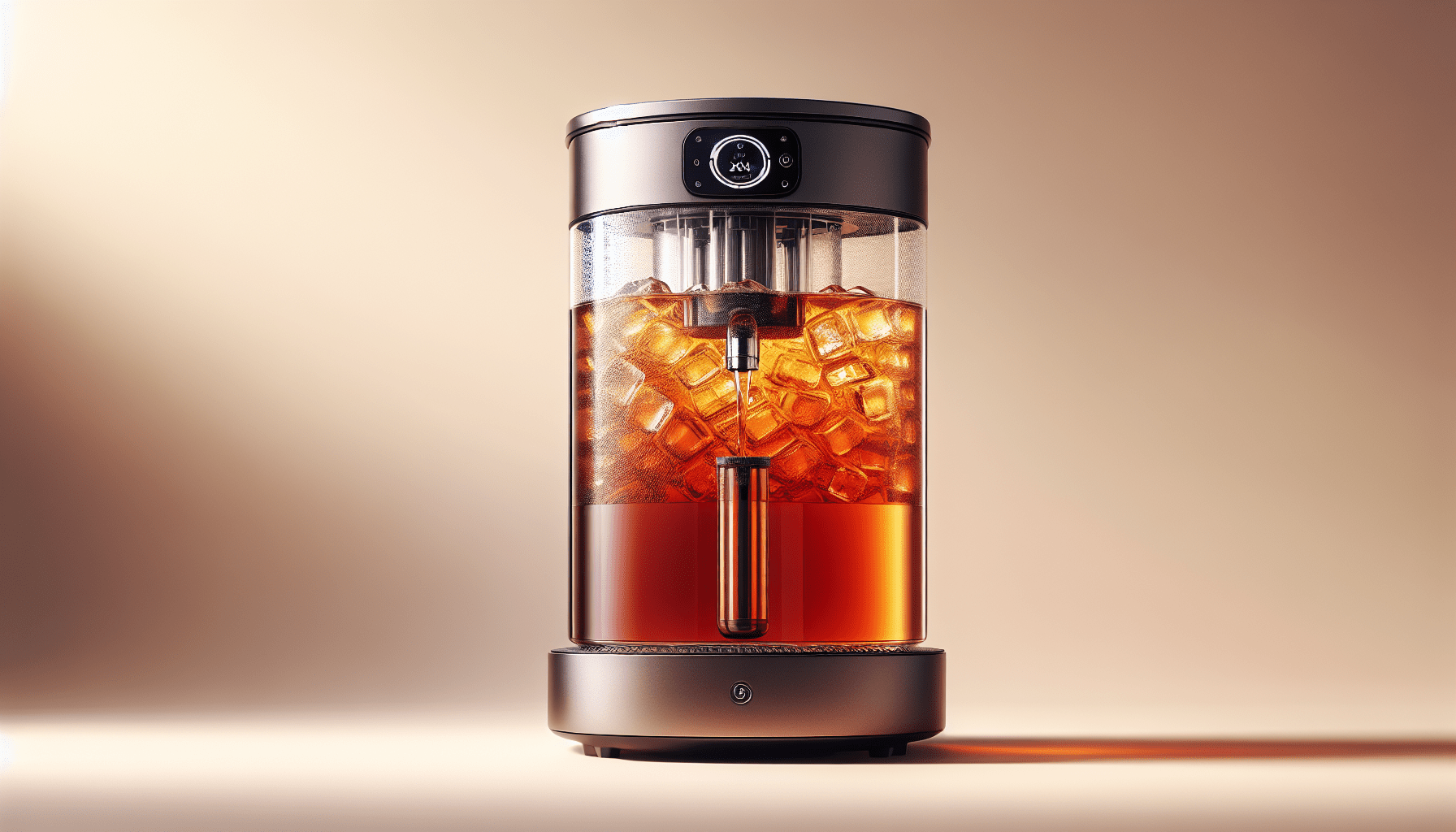Imagine waking up on a warm summer morning, craving a refreshing glass of cold brew coffee to start your day. You reach into your fridge, pull out the cold brew pitcher you made just a few days ago, and pour yourself a cup of smooth, rich goodness. But wait, how long does cold brew coffee actually last when made with a cold brew maker? Don’t worry, we’ve got the answers for you. In this article, we’ll explore the shelf life of cold brew coffee and how to make it last as long as possible, so you can enjoy every sip of this delectable drink without any worries.
Factors Affecting the Shelf Life of Cold Brew Coffee
When it comes to the shelf life of cold brew coffee, there are several factors that can have an impact. Understanding these factors can help you maximize the freshness and quality of your cold brew. Let’s take a closer look at each of these factors:
Type of Coffee Beans
The type of coffee beans used in your cold brew can make a difference in its shelf life. Two common types of coffee beans are Arabica and Robusta. Arabica beans generally have a more delicate flavor profile and are considered to be of higher quality. They also tend to have a shorter shelf life compared to Robusta beans, which are often used in blends and instant coffees. Additionally, the freshness of the beans at the time of brewing can also play a role in the shelf life of the cold brew.
Water Quality
The quality of the water used to make cold brew coffee can affect its shelf life. Using filtered water can remove impurities and potentially extend the freshness of the cold brew. Tap water, on the other hand, may contain minerals and additives that can alter the taste and reduce the shelf life of the coffee. It’s also important to consider the mineral content and pH level of the water, as these factors can impact the overall flavor and longevity of the cold brew.
Brewing Method
The brewing method employed to make cold brew coffee can significantly impact its shelf life. Factors such as the duration of brewing, grind size, and water-to-coffee ratio all play a role in the final product. When brewing cold brew, a longer brewing time usually results in a stronger and more concentrated coffee. However, this can also lead to a shorter shelf life. Similarly, the grind size of the coffee beans can affect the rate at which the coffee solubles are released, which can impact the freshness of the cold brew. Finding the right balance in brewing method is crucial for maximizing both taste and shelf life.
Storage Conditions
Proper storage conditions are essential for maintaining the freshness and quality of cold brew coffee. Refrigeration is highly recommended to slow down the oxidation and degradation processes, thereby extending the shelf life. Storing cold brew in the refrigerator can help preserve the flavors and prevent the growth of bacteria and mold. Additionally, limiting air exposure is important, as oxygen can accelerate the deterioration of the coffee. Using airtight containers can effectively minimize air contact and further enhance the shelf life of the cold brew.
Presence of Additives
The presence of additives in cold brew coffee can influence its shelf life. Adding sugar or dairy products to cold brew can enhance its flavor, but it can also impact its longevity. Sugar can contribute to the growth of bacteria and accelerate spoilage. Dairy products, such as milk or cream, can also cause the cold brew to spoil more quickly. Similarly, the use of flavorings, such as syrups or extracts, can introduce additional elements that may affect the shelf life. Considering these additives and their impact is crucial when aiming to extend the shelf life of your cold brew.
With these factors in mind, let’s explore the initial shelf life of cold brew coffee and how to identify signs of spoilage.
Initial Shelf Life of Cold Brew Coffee
General Guidelines
As a general guideline, cold brew coffee is best consumed within 7 to 10 days of preparation. This timeline applies to cold brew that has been properly brewed, stored, and does not contain any additives. It’s important to note that this is an estimate and individual preferences and circumstances may vary. Additionally, factors such as the specific brewing method, water quality, and storage conditions can all influence the exact shelf life of the cold brew.
Ideal Shelf Life
The ideal shelf life of cold brew coffee may vary based on personal taste preferences. Some individuals may find that the flavors of the cold brew start to change after a few days, while others may not notice a significant difference until closer to the 10-day mark. It’s essential to regularly evaluate the taste and aroma of your cold brew to determine when it reaches its peak freshness. Ultimately, the goal is to enjoy a cold brew that maintains its rich flavor and smoothness for as long as possible.
Signs of Spoiled Cold Brew Coffee
To ensure that your cold brew coffee is safe to consume, it’s important to be aware of signs of spoilage. Here are some indicators that your cold brew may have gone bad:
Off Odor or Flavor
If your cold brew has a strange or unpleasant odor or flavor, it may be an indication that it is spoiled. The aroma and taste of cold brew should be smooth, rich, and free from any off-putting notes. If you detect any sour, musty, or rancid odors or flavors, it’s best to avoid consuming the cold brew.
Mold or Bacterial Growth
Another clear sign of spoilage is the presence of mold or bacterial growth in your cold brew. If you notice any visible signs of these, such as green or black spots, it is critical to discard the cold brew immediately. Mold and bacteria can cause foodborne illnesses and should not be consumed.
Changes in Appearance
Lastly, changes in the appearance of your cold brew can be an indication of spoilage. If you observe significant changes in color, such as a darkening or cloudiness, it’s best to exercise caution and avoid consuming the cold brew. Any noticeable changes in texture, such as increased viscosity or the presence of sediments, can also be signs of spoilage.
Tips for Extending the Shelf Life of Cold Brew Coffee
To extend the shelf life of your cold brew coffee, there are several tips and tricks you can follow. These can help you enjoy fresh and delicious cold brew for a longer period of time:
Brew in Small Batches
Instead of preparing a large quantity of cold brew all at once, try brewing in smaller batches. This allows you to consume the cold brew within a shorter timeframe and ensures that each batch is fresh and at its best.
Store in the Refrigerator
Refrigeration is key to preserving the freshness of cold brew coffee. After brewing, transfer the cold brew into a clean, airtight container and store it in the refrigerator. The cooler temperature helps slow down the degradation process and extends the shelf life.
Use Airtight Containers
When storing cold brew coffee, opt for airtight containers to minimize air exposure. Oxygen can speed up the deterioration of the coffee, so keeping it sealed tightly helps maintain its quality for a longer period.
Avoid Adding Dairy or Sugar
While adding dairy or sugar to your cold brew coffee can enhance the flavor, it can also affect its shelf life. The presence of these additives can contribute to the growth of bacteria and spoilage. If you prefer to add dairy or sugar, consider doing so just before consumption rather than during the brewing process.
Conclusion
The shelf life of cold brew coffee is influenced by several factors, including the type of coffee beans, water quality, brewing method, storage conditions, and the presence of additives. By paying attention to these factors and following the suggested tips, you can better preserve the freshness and quality of your cold brew. Remember to trust your senses and be aware of signs of spoilage to ensure the safety of your cold brew coffee. With proper care and attention, you can enjoy delicious cold brew for days to come.




